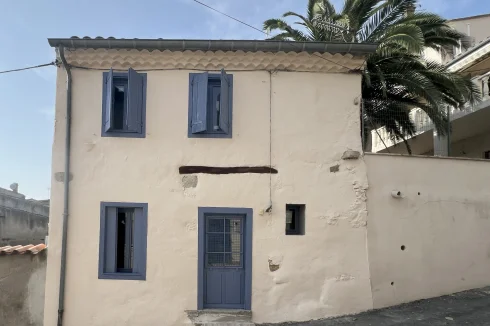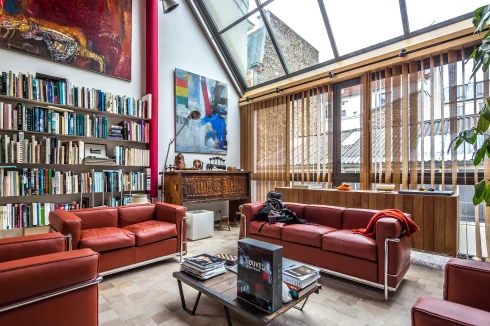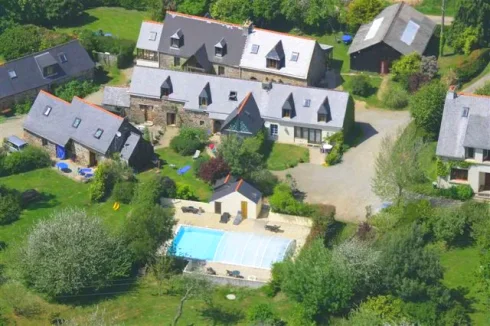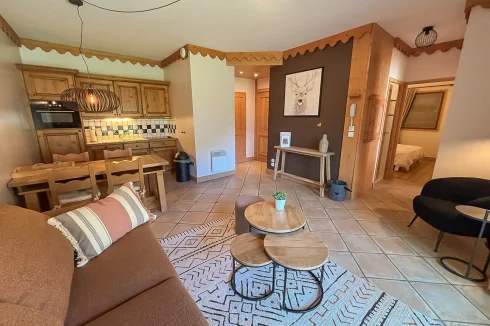Electricity Suppliers and Tariffs in France
Tuesday 09 January 2018
The French electricity giant EDF is losing around 100,000 customers a month to competitors, but the differences in tariffs remain marginal.
Although since 2007 domestic users of electricity in France have been able to choose their supplier, in practice the State controlled operator EDF has remained the overwhelmingly dominant player.
After ten years of market liberalisation they are still the operator of choice for 83% of households in France.
Nevertheless, each year new suppliers have been nibbling away at their market share, and a recent report from the French energy regulatory body the Commission de régulation de l'énergie (CRE) states that in the first three-quarters of 2017 it lost 850,000 customers.
EDF's competitors now supply 5.5 million of the approximately 32.2 million residential customers, an increase of 5.8% in three months to the end of September. According to the CRE, the switch away by professionals (local authorities and businesses) has been even more pronounced.
There are now 160 electricity suppliers in France, although not all of whom offer a supply to domestic customers, some preferring to supply only commercial customers and some do not operate on a national basis.
The profile of these suppliers is very diverse. There are the homegrown giants, such as Engie and Total, the outsider, Direct Energie, born in 2003 and now number three in the market, with 2 million customers; foreign heavyweight energy companies, such as the Italian ENI; and small ambitious new ones, such as Cdiscount, Enercoop, ekWateur or, more recently, Butagaz; and some who focus more on renewable energy sources such as Plüm Énergie, Énergie d’ici, EkWateur, Énergies du Santerre, and Ilek.
One of the principal reasons why EDF has been able to protect its market is through the regulated tariffs it is able to offer its customers. These tariffs are set by the CRE so the competitors can compete against EDF, but the companies themselves say that they serve to protect EDF, reduce competition, and make it more expensive for the consumer.
In a recent statement the association of alternative electricity suppliers stated: "A partir du moment où on veut ouvrir un marché, on ne peut pas faire co-exister deux systèmes indéfiniment."
Earlier this year the French Conseil d’Etat ruled that the regulated tariffs were contrary to European law, but the government has yet to act on that ruling.
Although it is possible to use a variable market tariff with EDF, 84% of their customers remain on the regulated tariff. These tariffs rise each year, broadly in line with inflation. The last rise was in August 2017, when regulated tariffs increased by 1.7%. Since 1996, at constant prices, the tariffs have actually fallen.
According to the CRE, for a customer having a 6kVA supply on its tarif de base, the average all-inclusive annual charge is €443, within a range of €415 to €539; for a customer with an off-peak supply (heures creuses/heures pleines) at 9kVA the average annual bill works out at €1,362, within a range €1,245 to €1,388. Those on off-peak supply would normally have electric central heating.
EDF also offers tariffs that are not regulated, in the same manner as other suppliers. These tariffs may be fixed for a specific duration, or they may be indexed in some manner.
Even though tariffs may be fixed for a specific period that does not oblige a customer signing up to such a contract to remain with the supplier for this period; the obligation of a fixed price only commits the supplier.
Thank you for showing an interest in our News section.
Our News section is no longer being published although our catalogue of articles remains in place.
If you found our News useful, please have a look at France Insider, our subscription based News service with in-depth analysis, or our authoritative Guides to France.
If you require advice and assistance with the purchase of French property and moving to France, then take a look at the France Insider Property Clinic.





